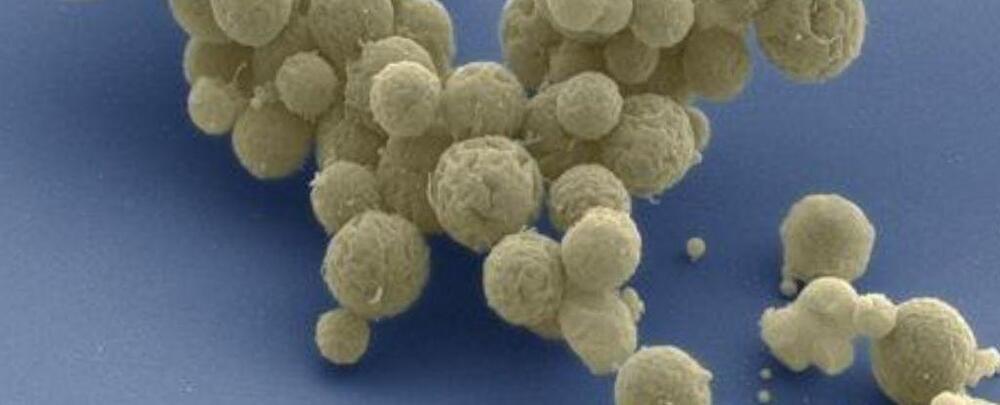Single-celled life forms need just the simplest of evolutionary footholds to get a leg up in their environment.
Even an extremely minimal cell that contains just 493 genes can mutate and adapt to improve its fitness, researchers say – a critical step in the persistence and stability of life that has now been demonstrated in the laboratory.
The insights come from a new study by a team of researchers from the US and Brazil, which stripped a cell of all but its essential genes to see if it could still evolve.
